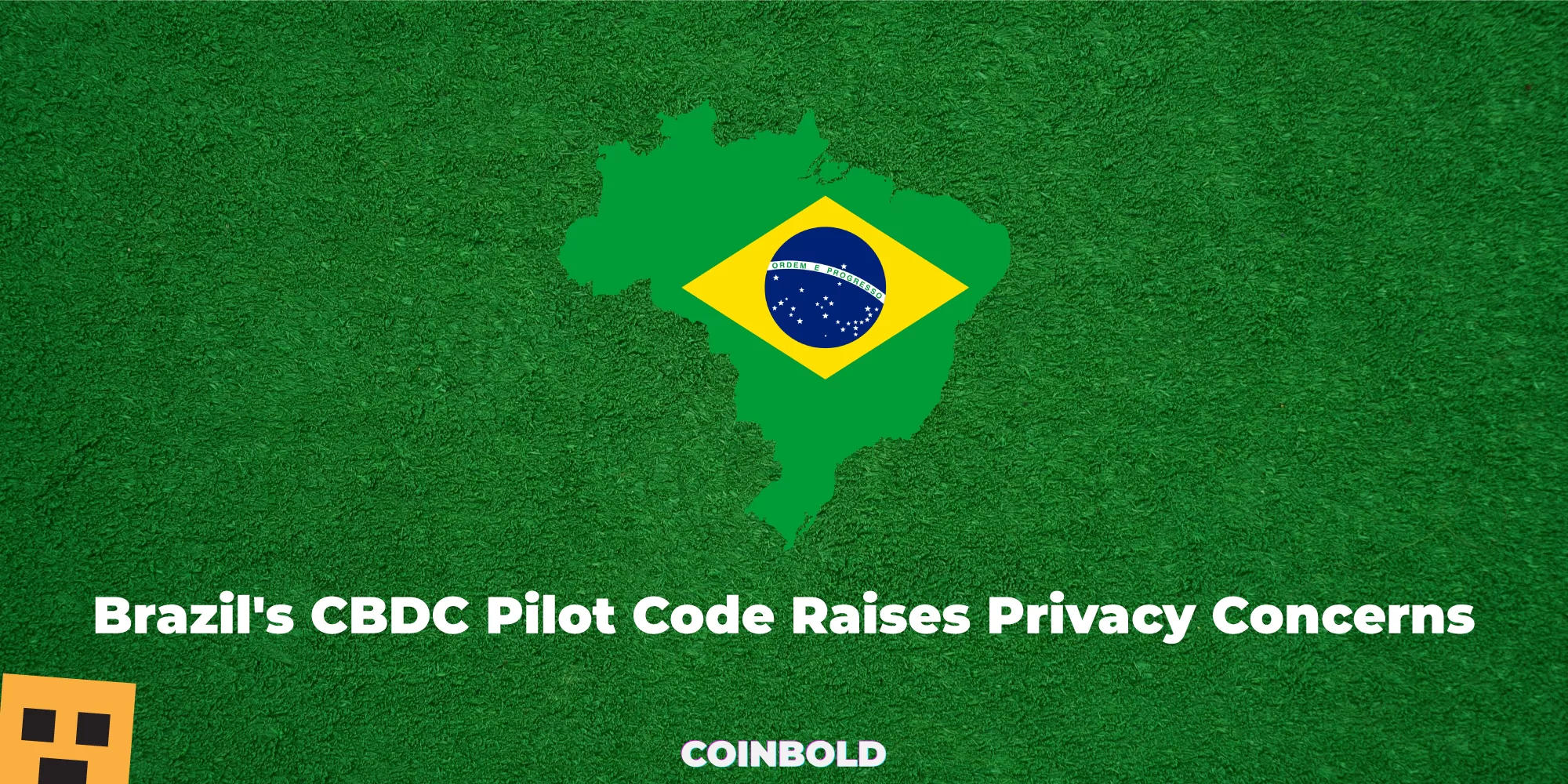The Central Bank of Brazil’s Central Bank Digital Currency (CBDC) pilot project has recently come under scrutiny following claims made by Pedro Magalhães, a seasoned blockchain developer. Magalhães alleges that the source code for Brazil’s CBDC contains functions that grant a central authority the power to freeze funds or diminish balances. This revelation has sparked a wave of discussion within the crypto community and raised concerns about the implications of such features. In this article, we will delve into the details surrounding this controversy and explore the potential impact of Brazil’s CBDC on financial freedom and privacy.
5/ In addition to operations such as “minting” Real Digital tokens and enabling/disabling target accounts, explained in the documentation, a developer found other functions by applying reverse engineering techniques to the material made available by the Central Bank.
— Vini Barbosa (@vinibarbosabr) July 10, 2023
The Source Code Examination
Pedro Magalhães conducted a reverse-engineering analysis of the source code for Brazil’s Central Bank Digital Currency pilot project. His examination shed light on the architecture of the project, revealing functions that could enable a central authority to freeze funds or reduce balances. While the project’s documentation mentioned operations like “minting” Real Digital tokens and enabling/disabling target accounts, Magalhães’ findings suggest additional capabilities within the code.
Uncertain Scenarios and Entity Identity
Despite the insights gained from the examination of the source code, uncertainty still surrounds the specific scenarios under which tokens may be frozen, as well as the identity of the entity with the power to initiate these actions. Magalhães suggests that the Central Bank of Brazil may be preserving these functions for future use in secure loan operations and decentralized finance (DeFi) activities. However, further clarity is required to understand the exact intentions behind these features and the potential implications they may have.
CBDC’s Impact on Financial Freedom and Privacy
The concept of a Central Bank Digital Currency has garnered mixed reactions within the crypto community. While proponents highlight potential benefits such as improved tax traceability, resource allocation inspection, parliamentary amendment transparency, and a safe innovation environment, others express apprehension about the impact on financial freedom and privacy. The ability to freeze funds or diminish balances raises concerns about potential breaches in financial autonomy and personal privacy.
The Digital Real Pilot Project
Brazil’s Digital Real pilot project operates on the Hyperledger Besu blockchain, which is an Ethereum Virtual Machine (EVM)-compatible blockchain operated privately. To become a node on the network, individuals and entities must obtain approval from the Central Bank. The project is currently in its pilot phase, which means that the final version of Brazil’s Digital Real may undergo significant changes before its official launch.
Conclusion
The claims made by Pedro Magalhães regarding the source code for Brazil’s Central Bank Digital Currency have ignited a crucial discussion surrounding the future of the country’s financial landscape. The potential ability to freeze funds or diminish balances has raised concerns about financial freedom and privacy within the crypto community. As the project progresses from its pilot phase, it remains essential to monitor any developments and ensure that the final version of Brazil’s Digital Real upholds the principles of transparency, security, and personal autonomy.
Frequently Asked Questions (FAQs)
1. Can the Central Bank of Brazil freeze funds in the CBDC?
According to Pedro Magalhães’ examination of the source code, there are functions that could potentially enable the Central Bank to freeze funds. However, the specific scenarios and conditions under which this action may be taken remain uncertain.
2. What are the potential implications of freezing funds or diminishing balances in the CBDC?
The ability to freeze funds or diminish balances raises concerns about financial autonomy and personal privacy. It is crucial to understand the intentions behind these features and ensure they align with principles of transparency and individual control.
3. How does the Digital Real pilot project operate?
The Digital Real pilot project runs on the Hyperledger Besu blockchain, which is an Ethereum Virtual Machine (EVM)-compatible blockchain operated privately. Approval from the Central Bank is required for individuals and entities seeking to become network nodes.
4. What benefits does Brazil’s CBDC offer?
Proponents argue that Brazil’s CBDC could bring several benefits, including improved tax traceability, resource allocation inspection, parliamentary amendment transparency, and a safe environment for innovation.
5. What stage is Brazil’s Digital Real project currently in?
Brazil’s Digital Real project is in its pilot phase, meaning that the final version of the CBDC may undergo significant changes before its official launch.


